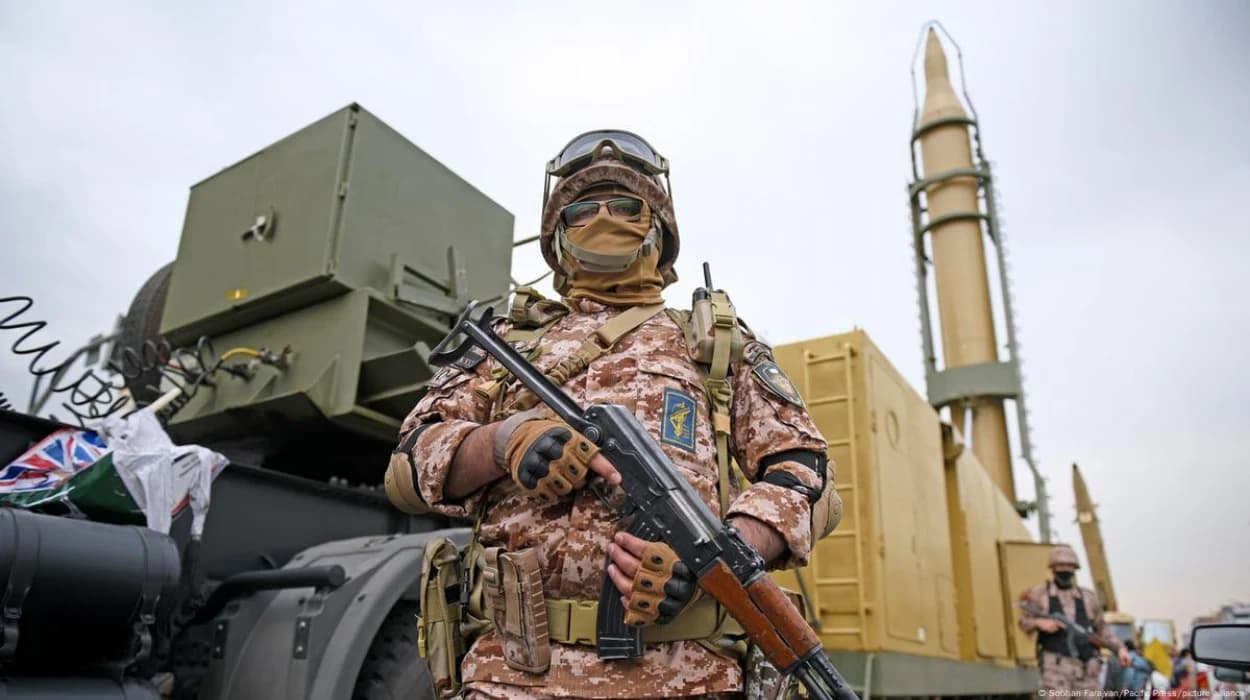Executive Summary:
Hezbollah has notably refrained from direct involvement in the ongoing Iran-Israel conflict, despite its historical role as a frontline proxy for Iran. This strategic abstention marks a significant shift in regional dynamics, influenced by complex geopolitical calculations and internal considerations within Hezbollah and Iran.
Current Situation Between Iran, Israel, and
Hezbollah
The ongoing conflict between Iran and Israel has escalated
tensions in the Middle East, with Iran backing various proxy groups
historically engaged in confrontations with Israel. Hezbollah, a Lebanese
Shiite militant group with strong ties to Iran, has traditionally been one of
the most active proxies in this regional struggle. However, as reported by
multiple sources, Hezbollah has notably stayed on the sidelines during this
latest phase of conflict, choosing not to engage militarily against Israel.
This development is significant given Hezbollah’s past role
as a spearhead in Iran’s regional military strategy. The group’s decision to
remain a spectator rather than a participant in the conflict represents a
departure from its usual posture and raises questions about the underlying
reasons for this restraint.
Why Has Hezbollah Chosen Not to Engage in Iran’s War With
Israel?
According to expert analysis and regional intelligence,
Hezbollah’s decision to abstain from direct involvement is driven by several
strategic and political factors.
Hezbollah’s Strategic Calculations
Hezbollah’s leadership appears to be weighing the risks of
open confrontation with Israel against the potential benefits. Engaging in a
full-scale conflict could provoke a severe Israeli military response, which
might destabilise Lebanon and undermine Hezbollah’s political and military
standing domestically. The group is likely prioritising the preservation of its
stronghold in Lebanon over participation in an external conflict that could
jeopardise its long-term influence.
Iran Views on Hezbollah’s Role in This Conflict
Iran, while historically relying on Hezbollah as a proxy
force, seems to be recalibrating its approach. Sources indicate that Tehran may
be focusing on other fronts and proxy groups to exert pressure on Israel,
possibly due to the evolving regional landscape and international pressures.
Iran’s strategic patience might also reflect an assessment that Hezbollah’s
involvement at this juncture could be counterproductive.
Implications of Hezbollah’s Non-Engagement
Hezbollah’s restraint could contribute to a temporary
de-escalation in Lebanon, reducing the risk of a broader regional war. However,
it also signals a shift in the balance of power and proxy dynamics in the
Middle East. Other groups aligned with Iran may fill the vacuum left by
Hezbollah’s absence, potentially changing the conflict’s character and
intensity.
What Does This Mean for Israel’s Security?
Israel might perceive Hezbollah’s non-involvement as a
tactical win, allowing it to concentrate its military efforts on other threats.
Nevertheless, the possibility of Hezbollah re-entering the conflict remains,
especially if the situation deteriorates or if Iran’s strategic calculations
change.
International Community Response
Global powers and regional actors are closely monitoring
Hezbollah’s posture. Diplomatic efforts may be intensified to prevent
escalation, with a focus on maintaining Lebanon’s stability. The international
community recognises that Hezbollah’s involvement could dramatically widen the
conflict, making its current abstention a critical factor in regional peace
efforts.
What Lies Ahead for Hezbollah and the
Iran-Israel Conflict?
Hezbollah’s choice to sit out Iran’s war with Israel marks a
pivotal moment in Middle Eastern geopolitics. This strategic restraint reflects
a complex interplay of internal Lebanese politics, Iranian regional strategy,
and the broader international context. While the group remains a potent force,
its current spectator role underscores a cautious approach to a highly volatile
conflict.
As the situation evolves, analysts will be watching closely to see whether Hezbollah maintains this stance or shifts back to active engagement, which could have profound consequences for regional security and stability.
